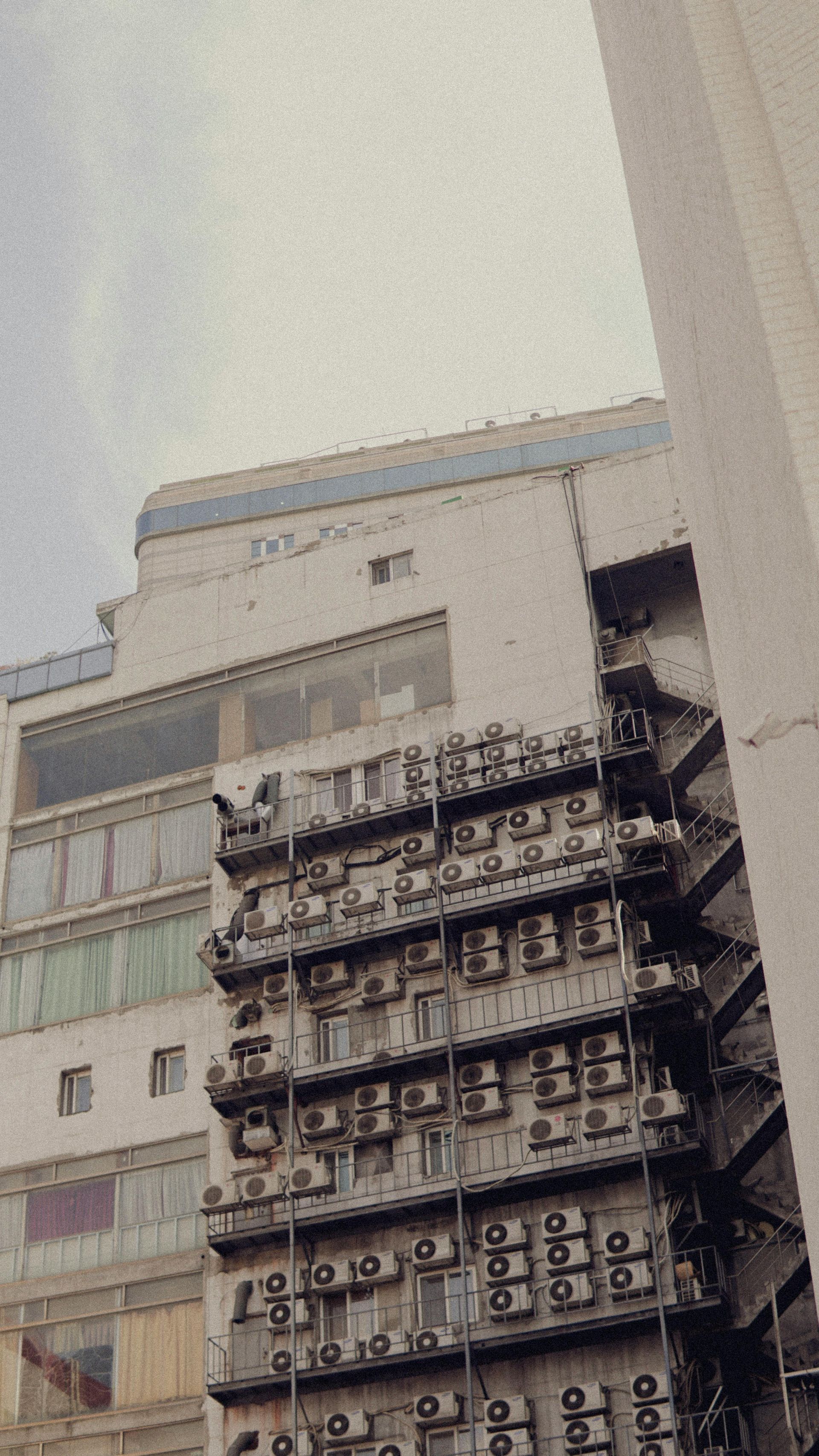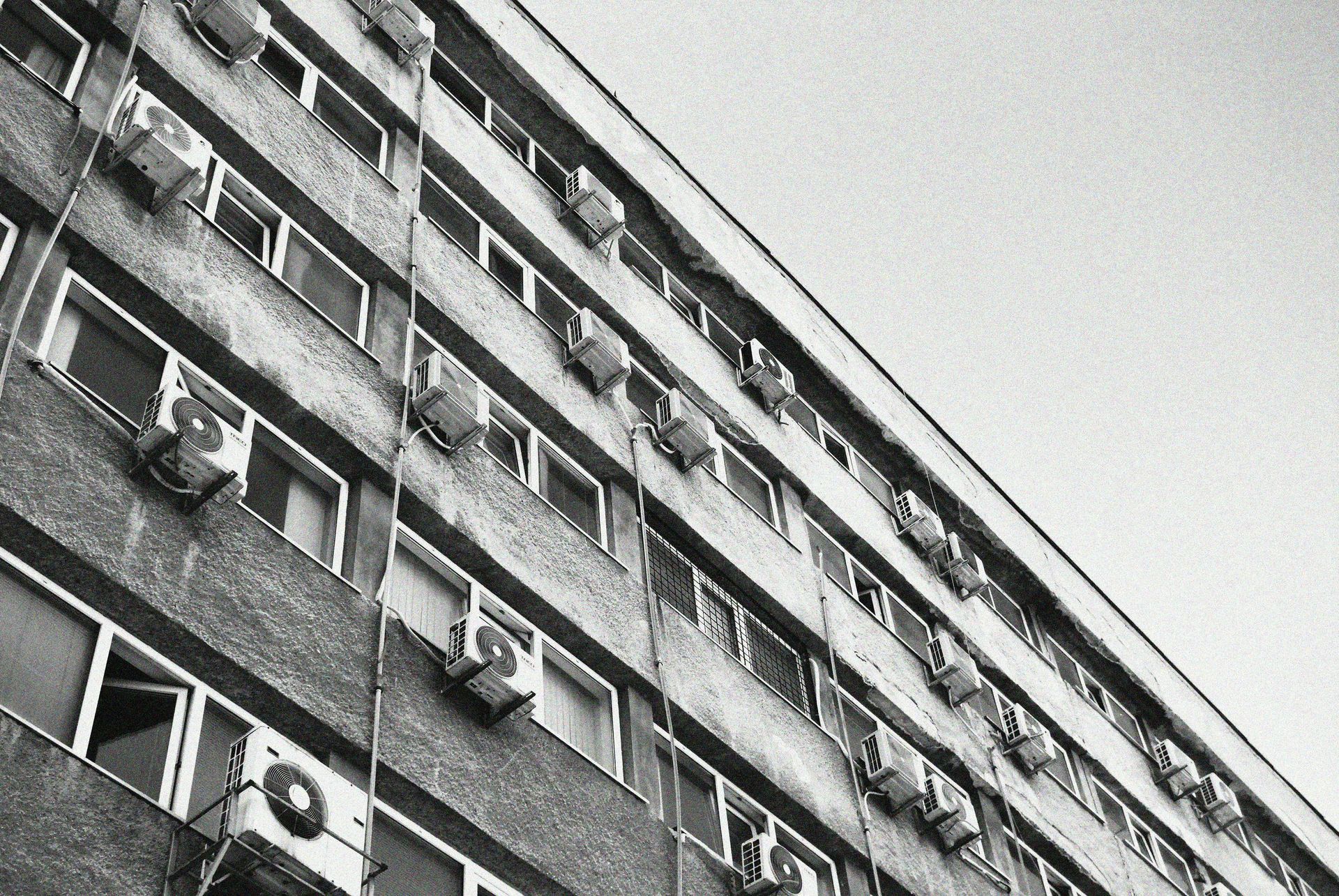Introduction
When the summer heat creeps in, there’s nothing more refreshing than stepping into a well-cooled room. However, what happens when your air conditioning unit starts acting up? The rising temperatures can quickly turn from blissful to unbearable. But before you pick up the phone and search for "AC repair near me," it pays to troubleshoot some common issues yourself.
In this comprehensive guide by Warren Mechanical HVAC, we’ll dive deep into the world of air conditioning problems, offering practical tips and solutions that can save you time, money, and frustration. With years of experience under our belt, we’ve compiled all the essential information you need to know to tackle common AC issues effectively.
Understanding Your Air Conditioning System
How Does an AC System Work?
Before you can troubleshoot any issues, it’s crucial to understand how your air conditioning system operates. Typically, an AC unit works by removing heat from your indoor air and expelling it outside. The primary components include:
- Compressor: Circulates refrigerant through the system. Evaporator Coil: Absorbs heat from indoor air. Condenser Coil: Releases absorbed heat outside. Expansion Valve: Regulates refrigerant flow.
Common Types of Air Conditioning Systems
There are several types of air conditioning systems available today:
- Central AC Systems Ductless Mini-Split Systems Window Units Portable ACs
Understanding which type you have will guide your troubleshooting efforts.
Warren Mechanical HVAC’s Guide to Troubleshooting Common AC Issues Before Calling for Repairs
1. AC Not Turning On
Potential Causes
If your unit won't turn on at all, check these common culprits:
- Power supply issues Tripped circuit breakers Faulty thermostat
What To Do
First, AC repair near me ensure that your thermostat is set correctly. If that doesn't work, check the circuit breaker and reset it if necessary. If after all this your AC still won’t budge, it might be time to call for help.
2. Insufficient Cooling
Symptoms
You may notice warm spots or insufficient airflow coming from vents.
Troubleshooting Steps
Check for blocked vents or dirty filters as a first step. Cleaning or replacing filters regularly can significantly improve cooling efficiency.
3. Unusual Noises
Identifying Sounds
Different sounds indicate different problems; here are some common ones:
- Buzzing: Indicates electrical issues. Clicking: Could mean foreign objects obstructing parts. Hissing: Refrigerant leaks might be present.
4. Foul Odors Emitting from AC
Common Causes of Bad Smells
Foul odors can stem from mold growth or burnt wiring.
How to Address This Issue
Inspect the unit for mold and clean it out. If electrical smells persist, shut off the unit immediately and consult a professional.
5. Water Leaks Around the Unit
Why Is This Happening?
Water pooling around your AC could indicate clogged drain lines or low refrigerant levels.
Fixing Water Leaks
Clear clogs with a wet/dry vacuum or consult a technician if you're uncomfortable addressing refrigerant levels.
6. High Energy Bills
When You Notice a Spike in Costs
Are those energy bills climbing despite normal usage?
What Can You Do?
Make sure that air filters are clean and consider scheduling regular maintenance checks with professionals like those at Warren Mechanical HVAC.
7. Thermostat Issues
Recognizing Malfunctions
A malfunctioning thermostat may cause inconsistent temperatures throughout your home.
Steps to Diagnose It
Check the battery and ensure it's calibrated correctly; if not, recalibrating might fix the issue.
FAQs About Common AC Problems
1. Why is my AC blowing hot air?
This could be due to a refrigerant leak or perhaps the thermostat is set incorrectly. Check these first before calling for repairs.

2. How often should I change my air filter?
Typically every 1–3 months depending on usage levels and type of filter used.
3. What should I do if my AC is making strange noises?
Identify the noise type — buzzing can indicate electrical issues while hissing might suggest refrigerant leaks — then take appropriate action!
4. What causes water pooling around my air conditioner?
Most likely clogged drain lines or low refrigerant levels; clearing clogs should be your first step.
5. How can I improve my energy efficiency?
Regular maintenance including cleaning filters and checking seals around windows & doors will help improve efficiency significantly!
6. When should I call a professional technician?
If you've tried basic troubleshooting steps without success—or if you suspect serious issues like electrical malfunctions—it's time to reach out for expert help!
Conclusion
In conclusion, being proactive about common air conditioning problems can save you both time and money in repairs down the line! Utilizing this guide by Warren Mechanical HVAC allows homeowners like yourself to tackle simple troubles before resorting to costly repairs or searching "AC repair near me." Regular maintenance combined with informed troubleshooting keeps your system running smoothly while ensuring optimal comfort during those sweltering months!

So next time something seems amiss with your cooling system, remember these tips and tricks! Happy troubleshooting!